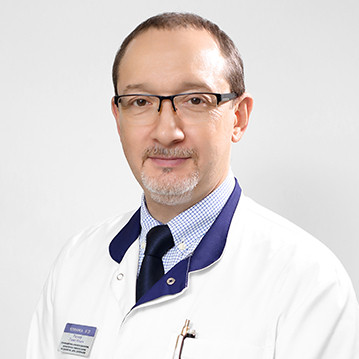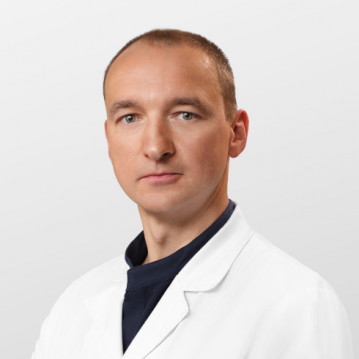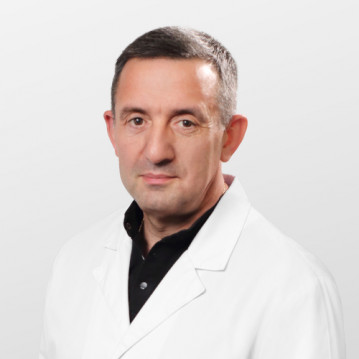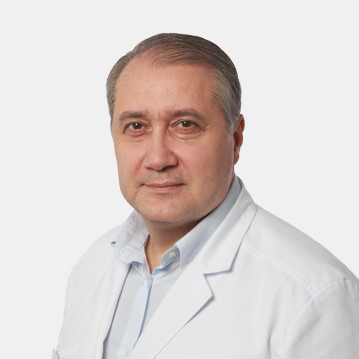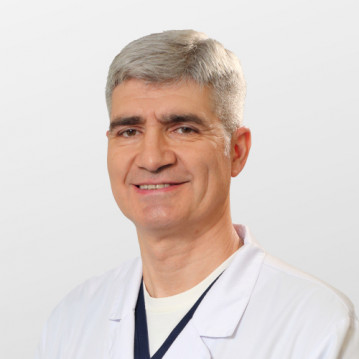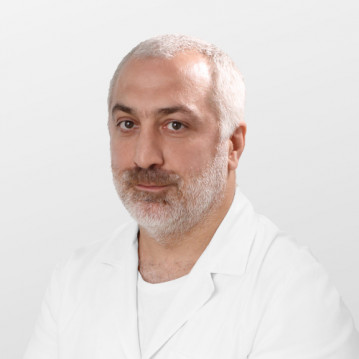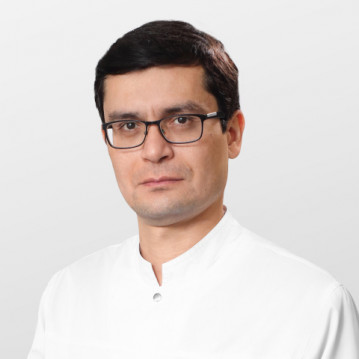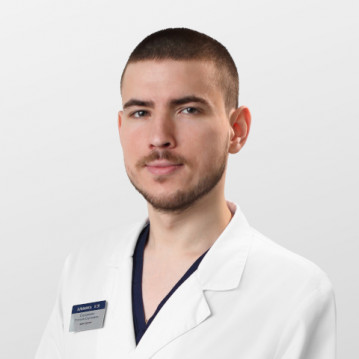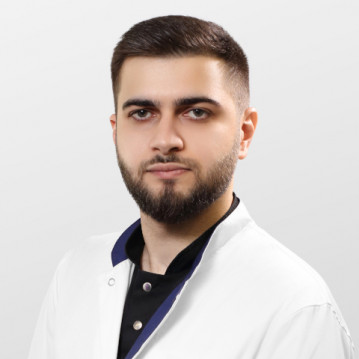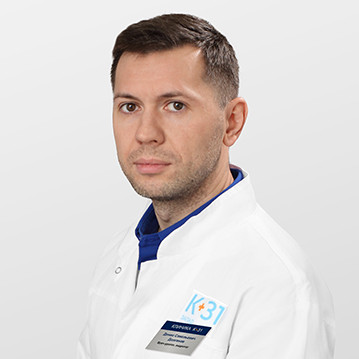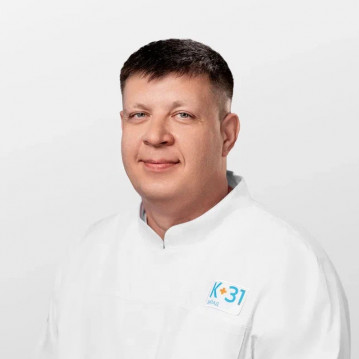The probability of medical error during the operation is reduced to zero by automated systems. Innovative technologies are used in surgical treatment in the department of urology. Robot-assisted surgeries of a high degree of complexity in Moscow are carried out at the "K+31" multidisciplinary medical center. If you need surgery, make an appointment with the urologist of our clinic by phone or online.
The robot-assisted technique brought surgery to a qualitatively new level, combining the skills and experience of a doctor with the precision of modern digital technology.
What is a robotic operation?
Robotic operations are low-traumatic operations that are performed by laparoscopic access, i.e. through several small incisions (no more than 1.5 cm). The da Vinci surgical system is fully controlled by an experienced physician.
The da Vinci complex consists of an operator console, a patient console and a vision unit. The most complex manipulations are carried out without direct contact with the patient.
The specialist is not standing at the operating table, but is in the next room in front of the monitor. It controls the movements of the robot through special handles.
The working surfaces of the manipulators are insulated with sterile disposable covers. Three "artificial hands" are equipped with tools, and one is equipped with a camera with a light source.
Please note: over 3,000 operations are performed annually in Russian medical centers using the cutting-edge da Vinci instrument.
The entire operating team can manipulate in real time, as the image is transmitted to a monitor mounted on a separate rack.
The Benefits of the Da Vinci System
In the course of robot-assisted operations, excellent visualization of the surgical field is provided. An enlarged and maximally clear image allows you to consider even minimal changes in the structure of organs and tissues.
Software compensates for jerky movements and shaky fingers. Insufficiently correct commands are immediately blocked by the software, thus eliminating the "human factor" that can lead to complications.
The camera of the robotic system transmits a three-dimensional color image to the monitor. A good view from different angles eliminates the possibility of accidental damage to the nerve plexuses and blood vessels. The diameter of microtools does not exceed 5-7 mm.
Several dozens of different microinstruments can be used during the operation. Manipulators are much more mobile than human hands; EndoWrist technology provides them with 7 degrees of freedom. Mechanical arms can bend at right angles and rotate around the longitudinal axis.
Laparoscopic robotic interventions take less time than conventional ones. Radical removal of a neoplasm within healthy tissues takes no more than two hours.
Minimally invasive operations minimize blood loss, which eliminates the need for blood transfusion. The recovery of the patient after robotic interventions in the vast majority of cases is much faster than after "classical" operations.
Robotic surgery with the da Vinci is a guarantee of excellent aesthetic results. After incisions of minimal length, the scars are almost invisible, which is especially important for women.
For men, minimally invasive manipulations avoid problems such as urinary incontinence and erectile dysfunction after prostatectomy.
